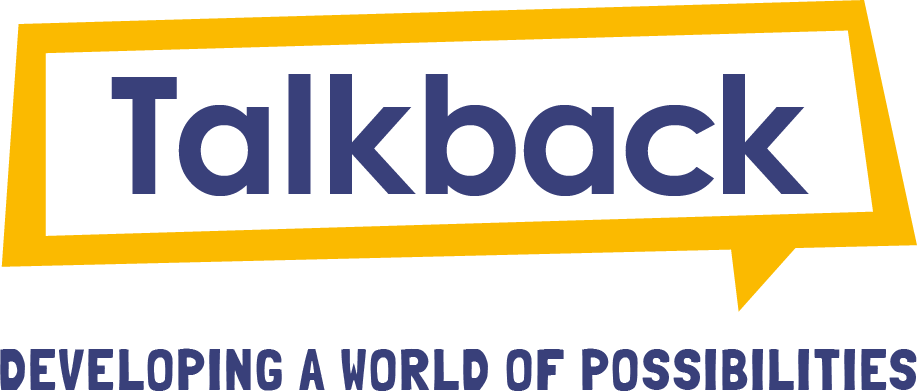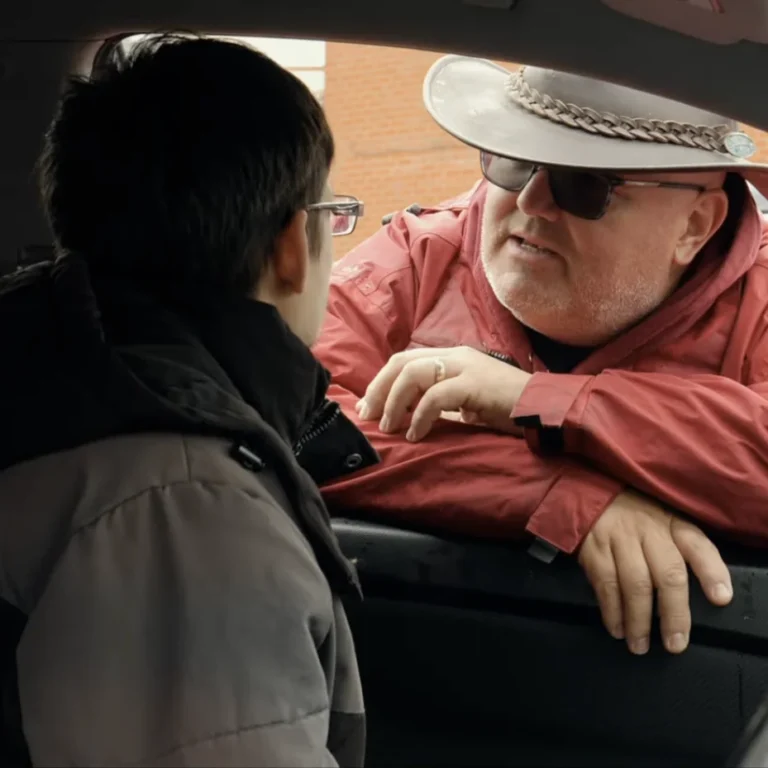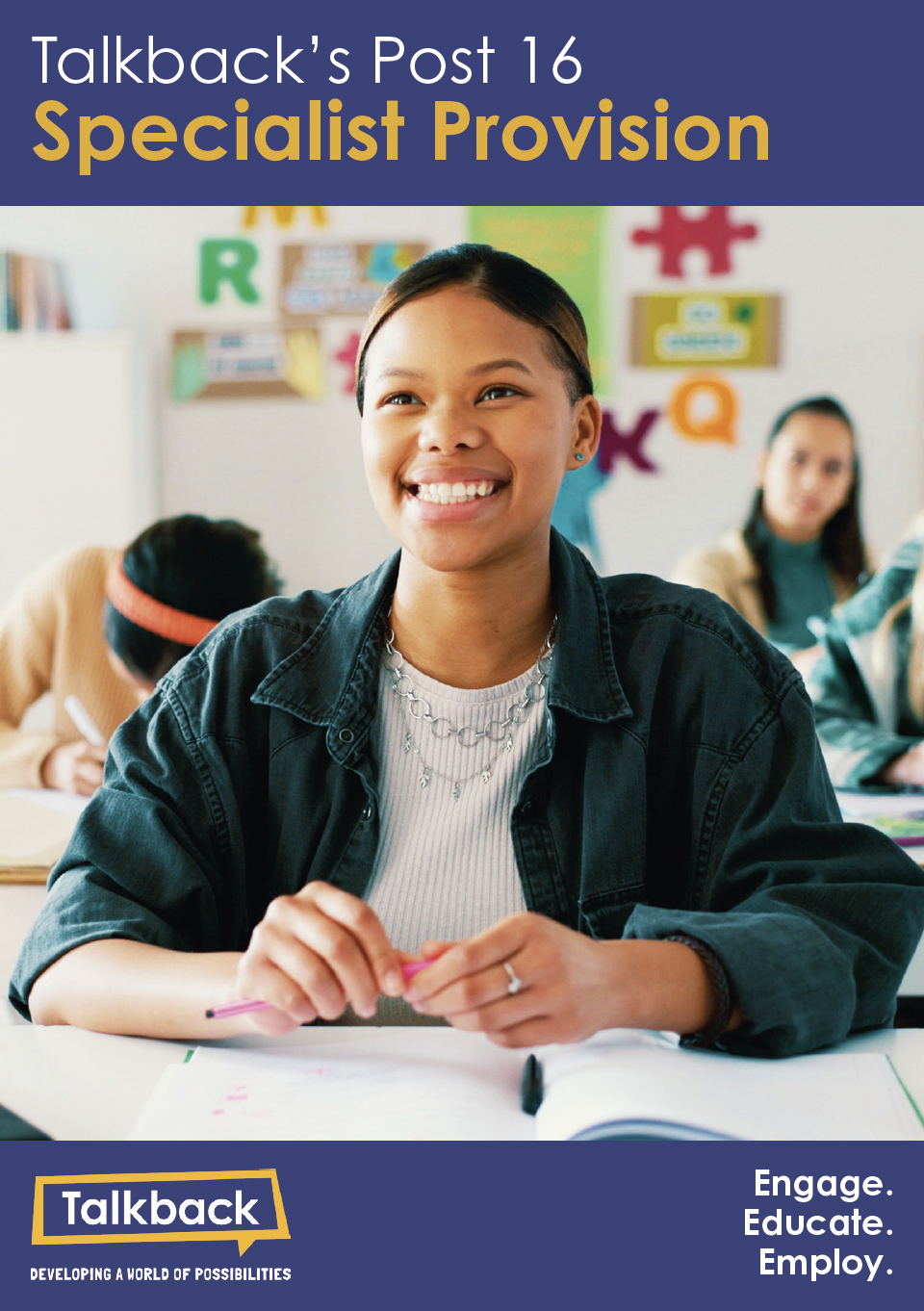There is a perception that modern day slavery is predominantly perpetuated by international traffickers, where unfortunate victims are lured by the promise of a better life in the West. There is ample evidence to support this, but this abhorrent trade in human misery thrives closer to home too. And people with autism and/or learning disabilities are particularly susceptible.
The Walk Free Global Slavery Index estimates that there are up to 122,000 victims of modern slavery in the UK. In 2022, almost 17,000 potential victims of modern slavery were referred to the UK’s National Referral Mechanism (NRM). Click on the link for a more in-depth analysis.
The world over, traffickers and gang-masters prey on the weak and vulnerable; those living on the street or in homeless shelters; those without capacity to take care of their own physical and emotional wellbeing; those who are isolated with no-one to turn to; those without the communication skills to express their suffering, or the self-esteem to question what is happening to them. They are groomed with guarantees of a roof over their heads, food, and cash-in-hand work. Once hooked they can become emotionally dependent, with a misguided loyalty to their abusers, or a fear of repercussions if they run away.
Although the authorities keep figures on age, gender, country of origin etc., there are no statistics on how many of the victims suffer from hidden disabilities, which leaves them even more vulnerable. They have complex needs and it can be difficult to gain the appropriate support for trauma recovery if they are found and freed.
Modern Slavery and Autism and Learning Disability
Autistic people and people with learning disability can be exposed to exploitation by gangmasters for several reasons.
- Lack of communication and social skills can prevent them from understanding the situation they are in. They may struggle to communicate that they are in trouble, or have the self-confidence to do so.
- Wanting friends and/or to fit in with their peers. It is hard for them to make friends and feel accepted, so they are more likely to accept friendship from anyone who offers it.
- Not enough employment opportunities. There is growing pressure for autistic people and people with learning disabilities to find employment. Most have the desire to get a job, but employers are still reluctant to give them the chance to prove themselves. This can push them to take any opportunity that comes their way, even if it is not the best option.
- Lack of support and education. Autistic people and people with learning disabilities need to be educated in life skills, especially when it comes to recognising people who it may not be wise to socialise with. They also need support when they have made mistakes. A common trait of autistic people is that they do not like to get things wrong. This makes it less likely they will admit to making a mistake and that they need help.
So, how can we all help to eradicate this shameful business? We can recognise that it isn’t exclusive to big cities – it can be found anywhere there is a demand for cheap labour. The Modern-Day Slavery Act of 2015 states that only businesses with a turnover of £36 million and above are obliged to produce a modern slavery statement.
The importance of Public Awareness
Public awareness is key – no-one is suggesting that your local tradesperson indulges in such exploitation – the vast majority are honest, hard-working and above board; but there are tell-tale signs to look out for.
- Groups of people living in unusual locations, being picked up and dropped off at odd hours.
- Workers who appear to be malnourished and show signs of neglect.
- Workers who have untreated injuries.
- Workers that don’t communicate or who aren’t permitted to speak for themselves.
https://www.unseenuk.org/ is an organisation that helps people to spot the signs, remove victims from exploitative situations, and provide support and aftercare.
You can contact https://www.modernslaveryhelpline.org/ if you suspect someone has fallen victim to modern slavery, or if you suspect someone of trafficking; or you can call the police on 101, or 999 in an emergency situation.
Modern day slavery is a crime that can be easily hidden, but one that could be happening under our noses. Perhaps, with a little vigilance and questioning, any one of us could help to save someone from such evil exploitation.
A new Talkback film
At Talkback, we regularly create films using our members. Our latest film brings the issue of Modern Slavery to life through the voices of Talkback members themselves. It’s a moving and thought-provoking piece that challenges us all to look a little closer at what might be happening around us. Have a look at it here.
Tony Flower and Nicola Martin





